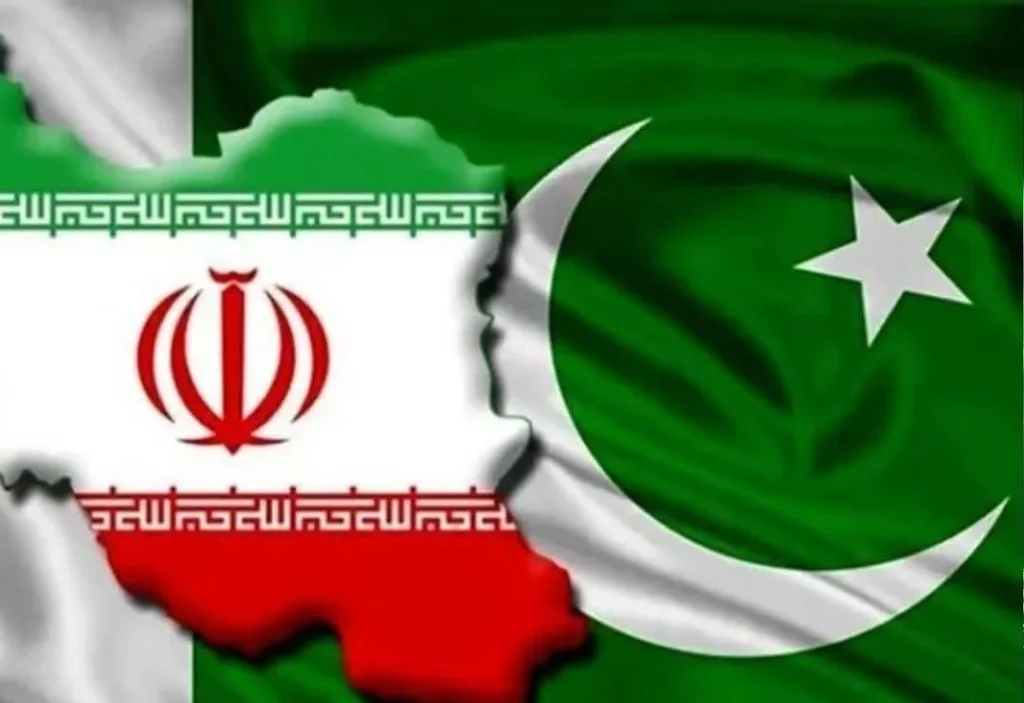The diplomatic landscape between Pakistan and Afghanistan has entered a crucial phase, with regional powers stepping forward to mediate one of South Asia’s most intransigent conflicts. What began as a Turkish and Qatari-led peace initiative in October 2025 has now evolved into a broader regional effort, with Iran and Russia offering their services to break the dangerous deadlock between Islamabad and Kabul.
Turkish and Qatari Mediation: Early Initiatives
Turkey’s role as a trusted mediator has deep historical roots in the region. Since the 1950s, Ankara has maintained strong ties with both Pakistan and Afghanistan, positioning itself as an honest negotiator in South Asian disputes. President Recep Tayyip Erdoğan revived this tradition in 2007 through the Ankara Declaration, which brought together Pakistani and Afghan leaders to address terrorism and border security. More recently, Turkey co-launched the Heart of Asia-Istanbul Process in 2011, creating a multilateral platform for Afghan stability.
The October 2025 Escalation and Immediate Ceasefire Efforts
When Pakistan-Afghanistan tensions erupted into violent border clashes, the Afghan Taliban retaliation against Pakistani military posts, Turkey allied with Qatar to mediate an immediate ceasefire. The Doha talks on October 19 secured a temporary truce, raising hopes for lasting peace.
However, the following rounds in Istanbul exposed the void between the two sides. Pakistan demanded written assurances and verifiable mechanisms to break down Tehreek-e-Taliban Pakistan (TTP) sanctuaries in Afghanistan, including intelligence-sharing protocols and third-party supervision. The Afghan Taliban rejected these demands as unreasonable and politically motivated, urging that the TTP issue was Pakistan’s internal matter. By early November, three rounds of Turkish-Qatari mediation had produced no breakthrough, with Pakistan’s Defence Minister warning of potential escalation and “open war”.
Humanitarian and Economic Fallout of the Stalemate
The stalemate has devastating humanitarian and economic consequences. Border closures have stranded over 5,500 Afghan sent containers in Pakistan, disrupting trade worth billions of dollars. Afghanistan, which exports fruits and vegetables worth hundreds of millions annually through Pakistani routes, now faces spoiled cargo and collapsed livelihoods. In retaliation, the Afghan Taliban suspended bilateral trade, sending shock waves through Pakistan’s Khyber Pakhtunkhwa province and affecting regional food prices.
Iran’s Initiative and Regional Summit Proposal
Against this backdrop, Iran emerged in early November as a new mediator. Iranian Foreign Minister Abbas Araghchi telephoned his Pakistani and Afghan counterparts on November 9, offering Tehran’s good offices and proposing a regional summit involving Turkey, Qatar, Russia, and potentially China. Iran’s move reflects deep concern that prolonged friction could destabilize the broader Central and South Asian region, threatening its own security interests.
Pakistan welcomed Iran’s offer with open arms. Foreign Office spokesperson Tahir Hussain Andrabi emphasized that Islamabad held “a very strong case” on cross-border terrorism and would not “shy away from mediation,” particularly from a brother country state like Iran. This openness arises from Pakistan’s strategic calculation that multilateral pressure might force the Taliban to reconsider their rigid stance.
Russia Steps In Coordination with Iran
Russia followed suit on November 15, with Foreign Ministry spokesperson Maria Zakharova announcing Moscow’s willingness to mediate between its “important partners”. Russian Foreign Minister Sergey Lavrov and Abbas Araghchi coordinated their efforts in a telephone conversation, jointly calling for “continued dialogue” and warning that border tensions threatened regional security. Russia’s intervention reflects concerns that instability could obstruct its interests in Central Asia and embolden extremist groups along former Soviet borders.
The Iran-Russia mediation offer represents both opportunity and challenge. On one hand, their involvement internationalizes the dispute, transforming it from a bilateral deadlock into a multilateral peace process with neutral oversight. This could provide face-saving mechanisms for both sides and create pressure for compromise. Iran and Russia also bring different leverage points; Tehran maintains religious and cultural influence with the Taliban, while Moscow offers strategic partnerships and regional security cooperation.
Multilateral Mediation: Opportunity and Challenge
On the other hand, the multiplication of mediators’ risks complicates the process. With Turkey, Qatar, Iran, and Russia all offering assistance, coordination becomes essential to avoid conflicting approaches or mixed messages. Afghanistan has not publicly responded to Iran’s regional summit proposal, and Taliban negotiators have shown little willingness to bend on core issues. Pakistan continues to insist on “decisive and irreversible” action against the TTP, while Kabul maintains it will not assume responsibility for Pakistan’s internal security challenges.
The security situation remains precarious. The TTP has carried out over 600 attacks in Pakistan in 2025 alone, killing hundreds of civilians and security personnel. A recent suicide bombing in Islamabad involved an Afghan national, deepening Pakistani frustration and hardening public opinion against dialogue without concrete results. Afghanistan, meanwhile, accuses Pakistan of airspace violations and supporting militant groups targeting the Taliban government.
Prospects for Regional Diplomacy: Path Forward
As regional diplomacy intensifies, the path forward depends on whether Iran and Russia can succeed where Turkey and Qatar have struggled. Their proposed regional framework could provide the comprehensive security architecture needed to address not just the TTP but broader concerns about cross-border terrorism, refugee flows, and economic stability. However, without fundamental shifts in the positions of Islamabad and Kabul, particularly regarding verification mechanisms and Taliban accountability, even expanded mediation may prove insufficient to prevent further escalation in one of Asia’s most volatile borderlands.



